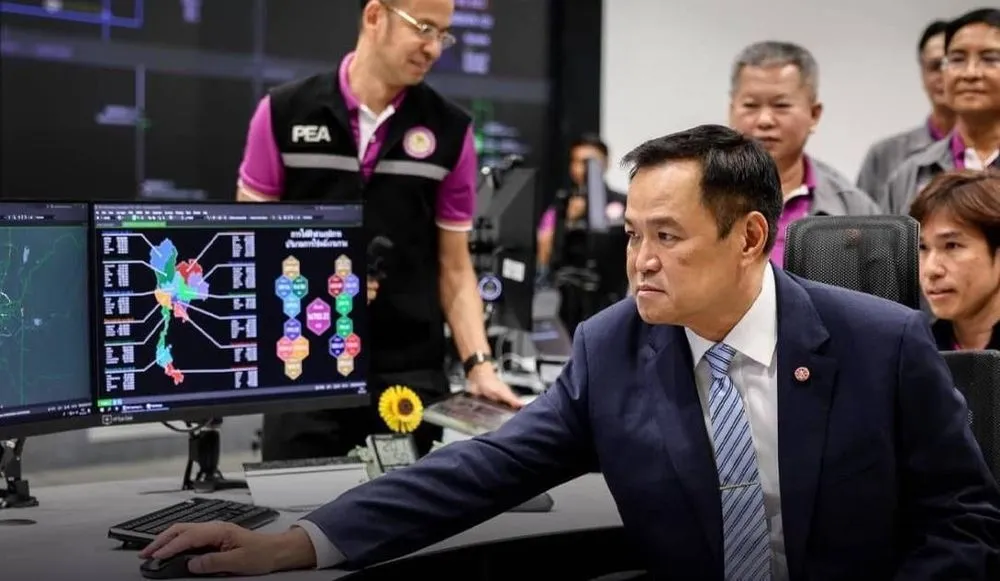Thailand cuts power supply to Myanmar scam hubs
Thailand cut off power supply on Wednesday to three areas in Myanmar where online scamming hubs are concentrated.
The cuts to fuel, internet and electricity target the scam hubs of Myawaddy, Payathonzu and Tachileik, where criminal syndicates have set up enclaves devoted to fraud.
Last week, China’s Assistant Minister of Public Security Liu Zhongyi met with the Thai commissioner of the Cyber Crime Investigation Bureau where he reportedly called on the Thai government to do more to stop scamming activity in Myanmar. Thailand is a frequent transit route for people trafficked and forced to work in the compounds.
Zhongyi reportedly informed the CCIB that 36 Chinese scamming gangs were known to be employing more than 100,00 workers in compounds. He also cited the viral case of the Chinese actor Wang Xing, who went missing in Thailand in early January before being rescued from the notorious Shwe Kokko scam hub across the border in Myawaddy. That case has sparked a flurry of activity on the part of the Thai government to try to prove that the country is safe for tourists and that it is cracking down on the gangs.
On Tuesday, Thailand’s National Security Council and other government agencies met to discuss whether or not to cut off the power supply to certain border areas on security grounds.
After the meeting, Prime Minister Paetongtarn Shinawatra told the press: “We must take care of our people first.”
“The impact on Thai people and our country’s image has been enormous. It’s time to take
decisive action,” she said.
According to Interior Minister Anutin Charnvirakul and the Associated Press, annual revenue from electricity sold in the affected areas is nearly $18 million. The cuts affect five connection points for electricity. Deputy Prime Minister Phumtham Wechayachai reportedly told media Tuesday the scams cost Thailand more than $2 million each day.
Since the coup in Myanmar in 2021, organized criminal groups — most with Chinese ties — have set up shop in border areas under the control of rebel groups or of militias with loose ties to the ruling junta. From there, and in other hubs like Cambodia and Laos, scammers wreak havoc around the world, mostly by tricking people into making fraudulent investments after gaining their trust.
“Today, the government said we must stop, because you supply our electricity to those who cause damage to our country,” Anutin told the AP.
The move to slow operations at the scamming compounds coincides with Paetongtarn’s four-day visit to China, beginning Wednesday, where the Thai prime minister will meet with Premier Xi Jinping and other leaders.
Chinese Foreign Ministry spokesperson Lin Jian said Wednesday that China “attaches great importance” to combatting “the recent string of cross-border telecom fraud and other vicious cases along the Thailand-Myanmar border.”
“We stand ready to work with Thailand and other countries to beef up law enforcement cooperation, crack down on online gambling and telecom fraud, protect the safety of Chinese citizens overseas and their lawful rights and interests, and keep normal cross-border exchanges between China and relevant countries in order,” he said.
China and Thailand have reportedly pledged to set up a coordination center in Bangkok this month to combat cyber scams.
James Reddick
has worked as a journalist around the world, including in Lebanon and in Cambodia, where he was Deputy Managing Editor of The Phnom Penh Post. He is also a radio and podcast producer for outlets like Snap Judgment.


